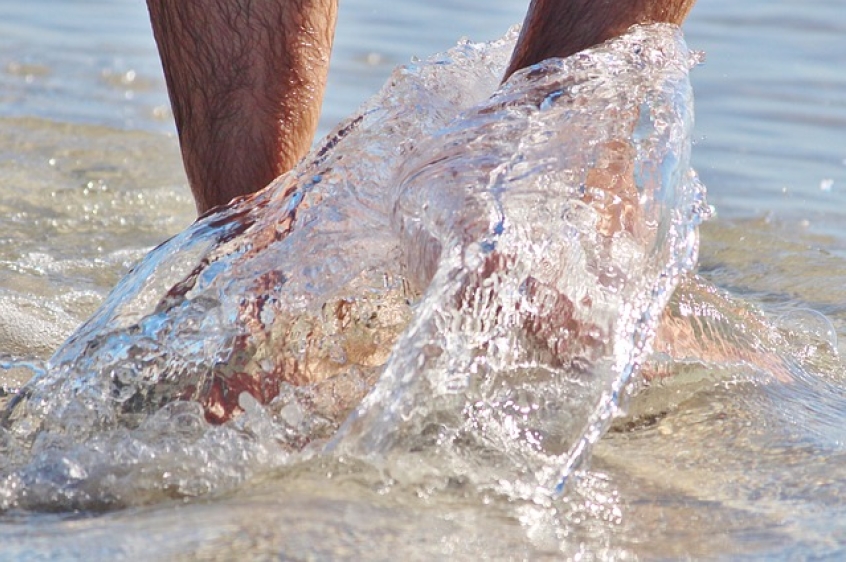
One of the most amazing incidents recorded in the Bible was that of Peter's walk on water, which can be read in Matthew 14. It's so profound in so many ways, considering that Peter was only a man just like us, and a sinner who needed Jesus Christ for his salvation and life.
There are so many lessons we can get from Peter's experience. Here are but some of them.
1. We need to recognise God
Matthew 14:24-27 says, "Meanwhile, the disciples were in trouble far away from land, for a strong wind had risen, and they were fighting heavy waves. About three o'clock in the morning Jesus came toward them, walking on the water. When the disciples saw him walking on the water, they were terrified. In their fear, they cried out, 'It's a ghost!' But Jesus spoke to them at once. 'Don't be afraid,' he said. 'Take courage. I am here!'"
This part is funny for me, because the disciples were with Jesus all the time but were still shocked to see Him walking on water, even crying out "ghost!" Although this sounds funny, there's a very important thing embedded here: Could it be possible that we don't recognise God because He is doing a new thing in our lives?
Think about it. Maybe God is letting you go through an Isaiah 43:18-20 moment in your life, where He wants you to forget the past in order to see the new thing that He is doing in your life!
2. We need to ask God
The Bible keeps telling us to ask of God, ask God, and make our requests to God. Have we really asked for something that only God can do?
Peter did, and he walked on water. According to Matthew 14:28-29, "Then Peter called to him, 'Lord, if it's really you, tell me to come to you, walking on the water.' 'Yes, come,' Jesus said."
There are times when we don't see God working miraculously in our lives because we don't even ask (see also James 4:3). Some of us do ask, but ask the wrong things, or ask with wrong motives. Some of us even ask that which we can achieve with our own efforts, thus showing how limited our faith is or simply how lazy we are. We should ask in faith!
3. We should believe God
Peter had a great experience, drowning included. "So Peter went over the side of the boat and walked on the water toward Jesus. But when he saw the strong wind and the waves, he was terrified and began to sink. 'Save me, Lord!' he shouted. Jesus immediately reached out and grabbed him. 'You have so little faith,' Jesus said. 'Why did you doubt me?'" (Matthew 14:29-31).
Friends, when we ask God for something and He responds, do we believe Him? When we tell Him that we will serve Him, do we believe and obey what He says in response? Seriously?
We should believe God! Remember, Peter fell in the water because he doubted Jesus. If we doubt Jesus, we might drown, too. Good thing that Jesus is there if ever we make a splash – just don't forget to call Him and trust in His saving power.













